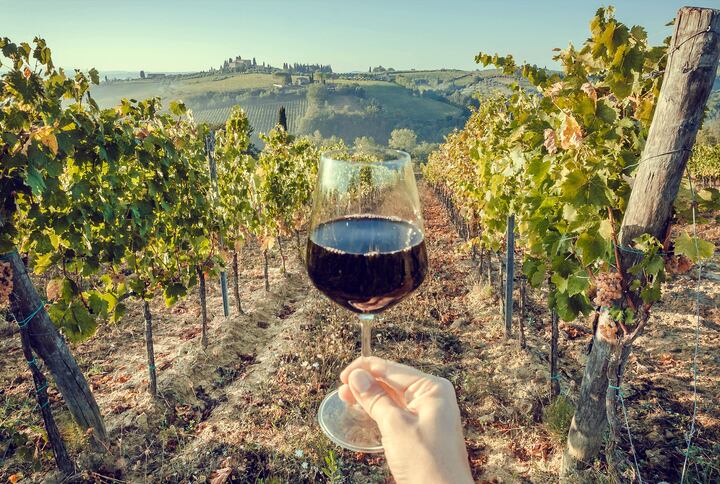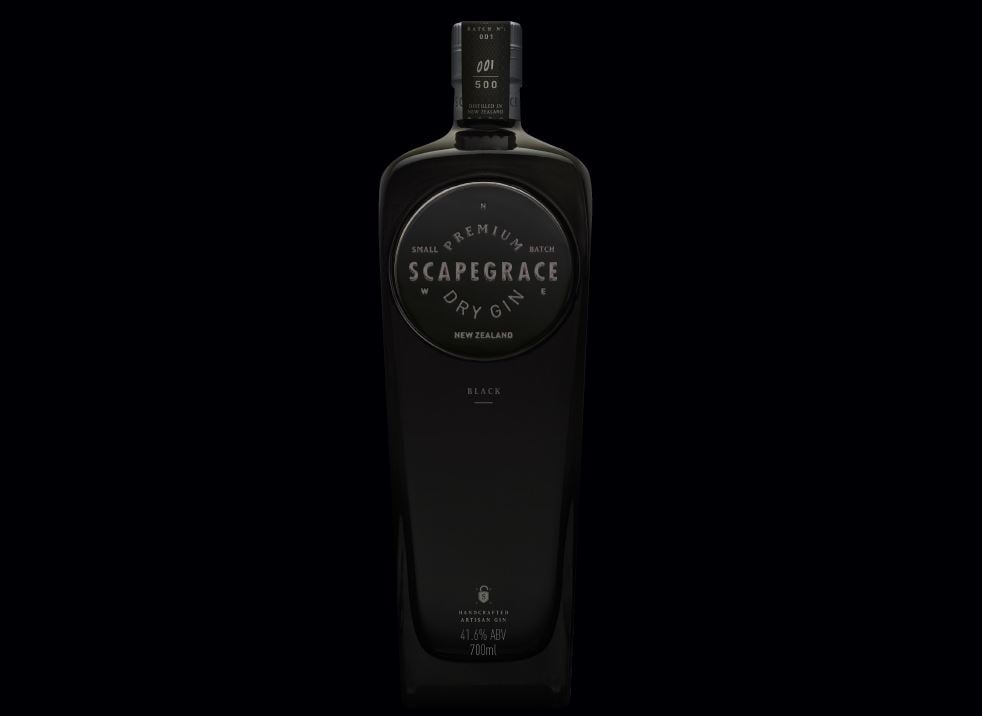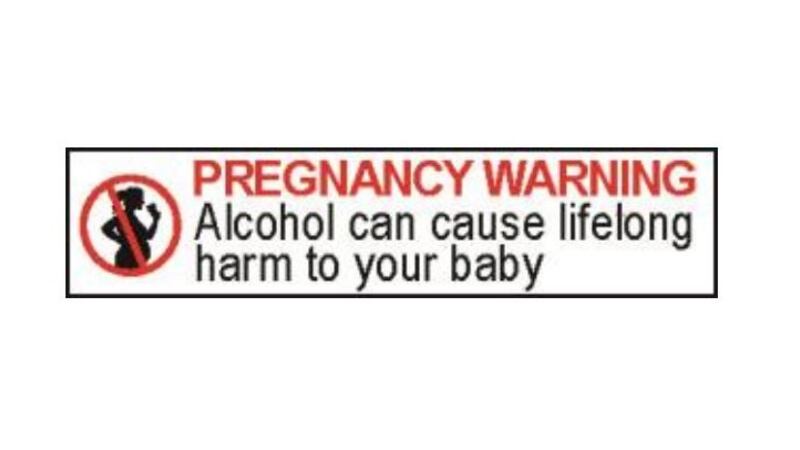Natural wines broadly refer to wines made without adding or removing ingredients such as additives, chemicals, sulphur, filtering agent, yeast, and has minimal intervention to its wine making process. It is also organically grown, without synthetic chemicals, fertilisers or GMOs.
Founder, Elliot Scali told FoodNavigator-Asia: “People like the taste (of natural wines). They taste more alive and flavour-full than conventional wines. Their taste is pretty much reflective of the elements of which the wines come from, the soil, climate, and grapes.”
“People also like to support smaller winemakers. There are a lot of customers who prefer to support more sustainably made products or for health reasons cleaner wine.” According to him, the term natural and clean wines can be used interchangeably.
Recently, Hollywood actress Cameron Diaz launched Avaline, a clean wine brand, also influenced by health reasons.
She explained on The Tonight Show that her business partner and herself frequently found themselves feeling ill after a second glass of wine, afterwards learning that wineries were allowed to use more than 70 additives.
Scali said organic wines, which includes natural wines, made up about 2.5% of the global wine market in 2017. It is growing at twice the rate of the global wine market at 15% CAGR.
In Australia, Scali observed growing interest especially in food service as more restaurants added natural wines into their menu.
Notwasted was established in May 2019, focusing on sourcing natural and sustainably made wines from around the world. Sales have increased 106% month-on-month in July, with 62% of its customers in the 25 to 34 age group.
No added ingredients
While organic wines contain no added chemicals or fertilisers, natural wines bring it one step further, with no addition of animal products, flavouring, Sulphur and yeast.
Animal products such as fish bladders are sometimes added to wine for filtration and produce a clearer wine. In natural wines, the products are sometimes cloudier in appearance.
In addition, yeast is often added to break down sugars into alcohol. Scali explained that a natural wine maker would work with the yeast that comes naturally on the grapes rather than introduce yeast in its products.
In terms of sulphur, it is typically added at the bottling step to prevent oxidation especially during the distribution process where the wine might be exposed to slightly volatile temperature. Conventional wines often present up to 300mg per litre of wine.
While natural wine makers may choose not to add it, Scali was quick to add some natural wines contain naturally-derived sulphur from the soil.
Transparency
Across the entire food and beverage industry, wine is the only product without a required ingredient list.
In addition, natural or clean wines have no legal definition, unlike organic wines.
Scali said this can bring about confusion, controversy and mislead consumers.
“It can be manipulated by many people. Some people label their wine natural even though it was only farmed organically, so it’s difficult to control people using the term.”
“It is not illegal to use the term, but trust will be an issue when people use terms like clean wine.”
For Notwasted, it provides information on vineyard, skin contact, filtering, fining, sulphur and yeast of every wine.
“We are transparent around our metrics, so people know what has been added.”
Notwasted sources its wine from domestic wine makers in Australia, distributors as well as importers of European and US wines, and distributed in Australia only.
The company is going beyond sourcing sustainable wine products, to switching to a solar-powered office, forestry certified packaging and carbon neutral delivery partner.
Hurdles
As demand for natural wines continue to grow at a faster rate than conventional wines, Scali said there were some hurdles to overcome.
For farmers, the risks of not using fungicides is one reason.
“Some farmers don’t want to lose an entire year of harvest so if they’re over-run with something like powdery mildew, what decision should they be taking?”
On the demand side, natural wines are organically grown, and anything that is organically farmed is more expensive because more labour is required.



